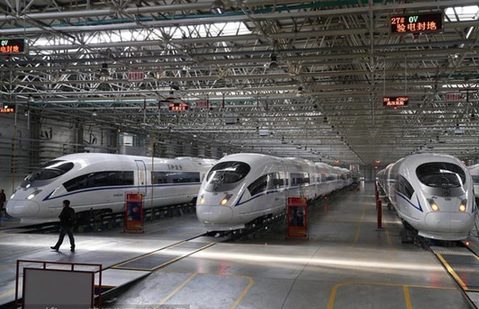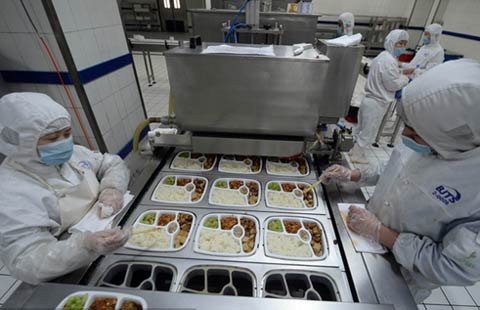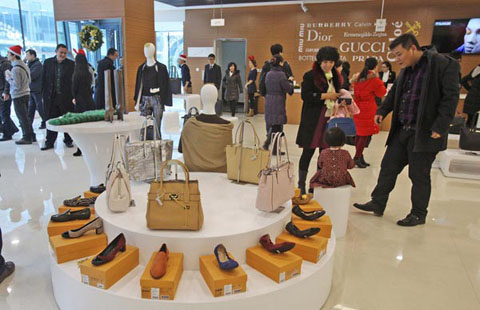Ministry: China's subsidies comply with WTO rules
By Zhong Nan (China Daily) Updated: 2015-02-13 08:13"While providing domestic companies with a competitive advantage just as tax breaks that US companies receive from federal, state and local governments, what raised the salience of these subsidies to the US is that they are often used as instruments of industrial policy to foster the growth of industries with strong ties with the state," Zeng said.
The seven sectors of the Chinese economy involved with the subsidies cited by the US complaint are textiles, apparel and footwear; advanced materials and metals (including specialty steel, titanium and aluminum products); light industry; specialty chemicals; medical products; hardware and building materials, and agriculture.
Zeng did not think this case will directly affect negotiations for a Trans-Pacific Partnership since China is not a participant in the talks. TPP is a proposed free-trade deal covering the US, Canada and 10 countries in the Asia-Pacific region (not including China) that has been under discussion since 2005.
"However, the initiation of this case may help the Obama administration demonstrate its tough stand in trade negotiations in order to garner support for Congressional approval of the so-called fast-track negotiation authority that is sorely needed for TPP negotiations," she added.
Last year, the WTO sided with the US in at least two trade disputes. In June, the WTO found that China breached WTO rules by imposing extra duties on US cars and sport utility vehicles.
In August, the WTO found that China breached WTO rules by imposing duties and quotas on exports of rare earths, tungsten and molybdenum. Those export restraints promote China's own industry and discriminate against US companies using those materials, it said.
- Spring Airlines will expand fleet size by up to 30 planes
- Jiamei to use backdoor route to public listing
- Ministry: China's subsidies comply with WTO rules
- New world of woes for China's trio of oil companies
- China's central bank injects liquidity to reduce cash pressure
- Gold loses its glitter in China in 2014
- Chinese consumers in love with Western day of romance
- Red envelope fight flares among Internet giants

















